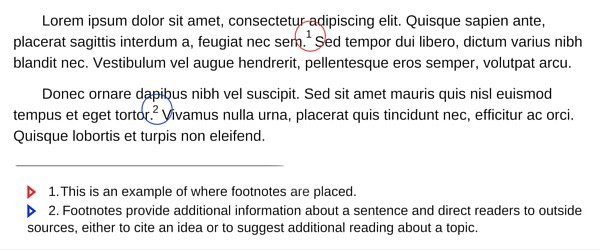
It may be a choice if you do not plan to have children but want to keep your uterus. One treatment is called uterine fibroid embolization. There are a number of other ways to treat fibroids. If you are near menopause, you might try medicines to treat your symptoms. If you have anemia, take iron pills and eat foods that are high in iron, like meats, beans, and leafy green vegetables. These can help you feel better and make your periods lighter. If your main symptoms are pain and heavy bleeding, try an over-the-counter pain medicine like ibuprofen, and ask your doctor about birth control pills. Your doctor will check them during your regular visits to see if they have gotten bigger. If your fibroids are not bothering you, you do not need to do anything about them. Your doctor may also do blood tests to look for anemia or other problems. These help your doctor see how large your fibroids are and where they are growing. Your doctor may send you to have an ultrasound or another type of test that shows pictures of your uterus. He or she will do a pelvic examination to check the size of your uterus. To find out if you have fibroids, your doctor will ask you about your symptoms. Sometimes fibroids can make it harder to get pregnant. Heavy bleeding during your periods can lead to anemia. If the fibroids bleed or press on your organs, the symptoms may make it hard for you to enjoy life. Or the symptoms may be mild, like periods that are a little heavier than normal. Fibroids usually shrink after menopause and stop causing symptoms. Your body makes less of these hormones after you stop having periods (menopause). Your body makes the highest levels of these hormones during the years when you have periods.


But the female hormones estrogen and progesterone seem to make them grow. What causes uterine fibroids?ĭoctors are not sure what causes fibroids. Many women never even know they have them. But fibroids usually do not cause problems. You do not need to do anything about them unless they are causing problems.įibroids are very common in women in their 30s and 40s.

Your doctor may call them fibroid tumours, leiomyomas, or myomas. You can have fibroids on the inside, on the outside, or in the wall of your uterus. Uterine fibroids are lumps that grow on your uterus. Topic Overview What are uterine fibroids?


 0 kommentar(er)
0 kommentar(er)
